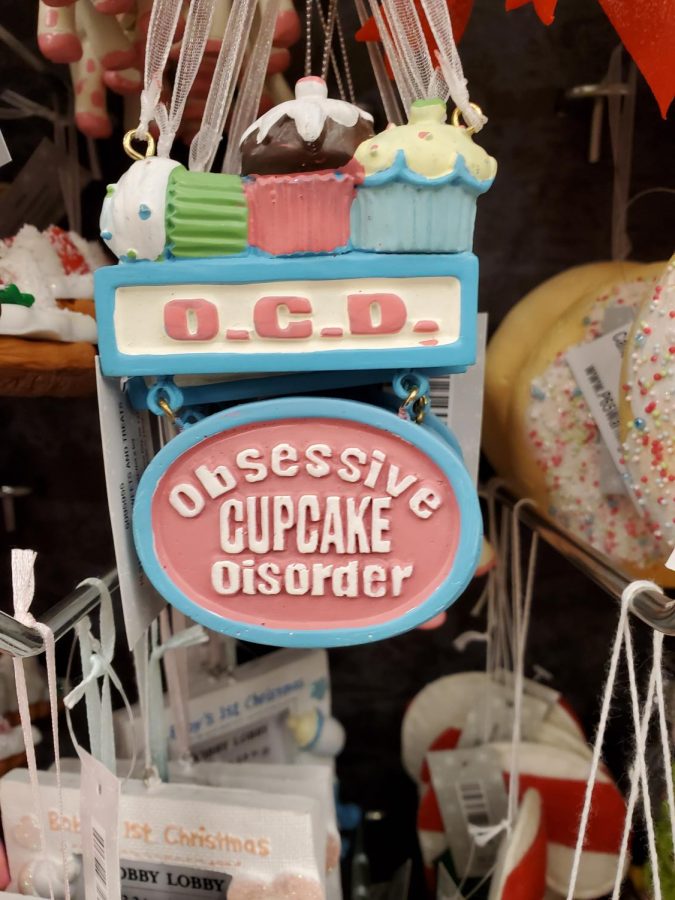The Romanticizing of Mental Illness Stigmatizes Mental Health
December 16, 2019
Imagine this: you’re walking through a department store looking at the t-shirts. You’re trying to find the perfect gift for a close friend before the holidays. As you’re sifting through the bright colors and fun phrases, you see a shirt that features text saying something to the liking of “O.C.D. : Obsessive Christmas Disorder. ” You’ve come across a prime example of the romanticization of mental illnesses in merchandise.
Romanticization is defined as a process in which something is seen as more beautiful or attractive than what it is in reality. This is applied to a multitude of things including different places, people, and even things like mental illnesses. Mental illness is romanticized in a variety of media from showing suicides on television series to these aforementioned shirts.
This kind of romanticization is rampant on social media like Tumblr, on which there is an entire tag that’s about eating disorders and how “attractive” they are. This is incredibly dangerous because of the number of young teens that are on these websites who are self conscious and looking for some sort of way to feel better. It glorifies something that is horrible and should be taken as so, and, while it’s important to raise awareness about these issues, portraying it as something good is not the way to do so.
A common phrase used when romanticizing mental illness is “tragically beautiful” or something similar to this. This is applied to everything from anxiety to depression and it is stating that the people who are affected by these illnesses are just being affected by something that’s beautiful, while tragic. This isn’t true. Mental illnesses are anything but beautiful. They ruin lives and can make someone’s every waking moment a personal hell. People who suffer from them may be beautiful, but this isn’t because of illness. Tragically beautiful can only be applied to things like those sad stories that we’ve all read that have gorgeous word choice but an incredibly heartbreaking story, such as the story of Romeo and Juliet by the great Shakespeare.
In general, mental illness should not be romanticized and should be taken seriously as what they truly are. We need to raise awareness and make it a point to open up the conversation about mental health. It shouldn’t be treated as something to hide, just as much as it shouldn’t be treated as something beautiful. The stigma within getting help with mental illnesses needs to be broken, but making it a romantic aspect of life doesn’t do this.


